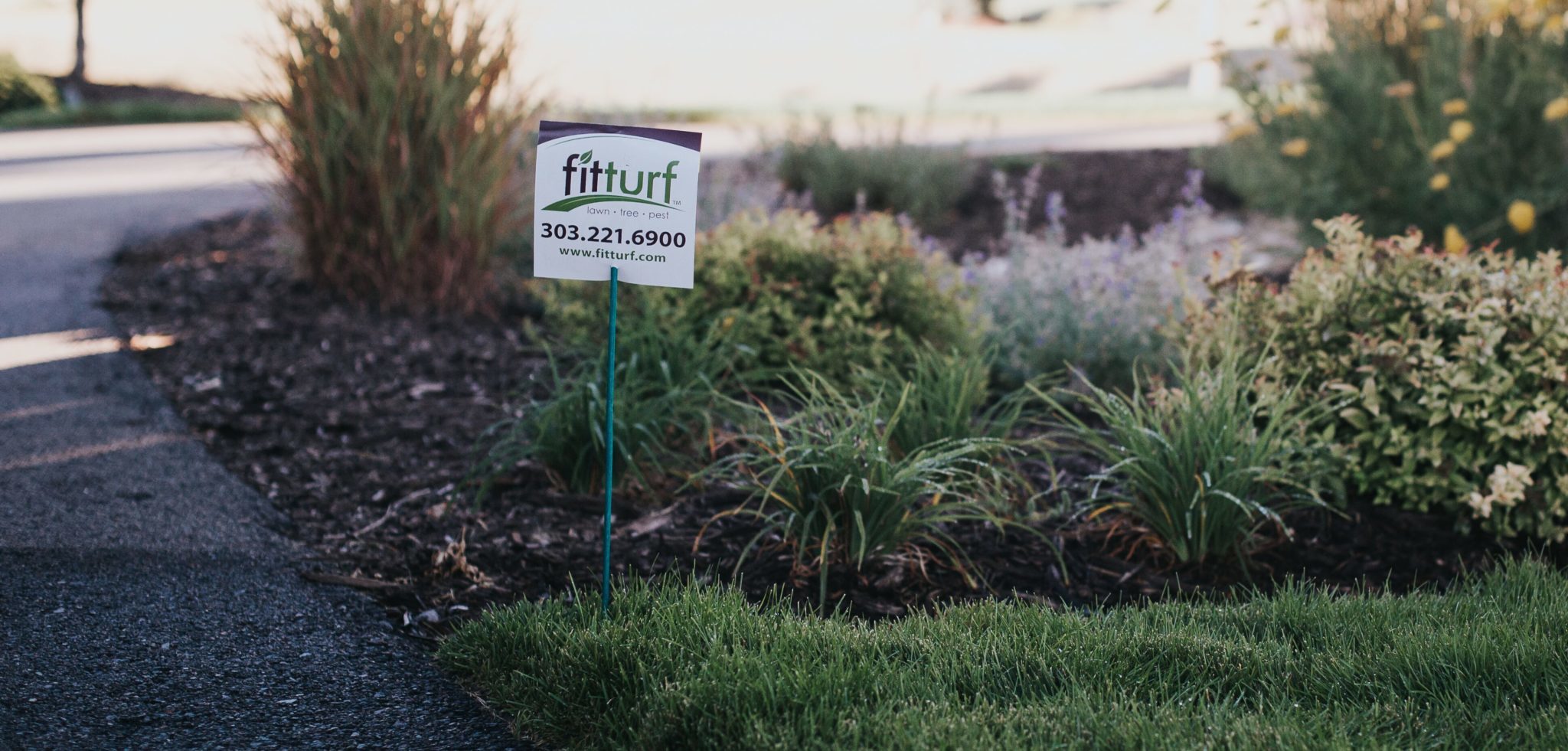Beginners Guide to Lawn Care
Beginner’s Guide to Proper Lawn Care
First-time home owners and former city dwellers who have made the move to the open spaces of the suburbs in places like Colorado are some of the folks who might not yet have the expertise needed to properly care for their lawn. Fit Turf’s Beginner’s Guide to Lawn Care can help you tend to your property so that it can look like it was professionally landscaped. Professional landscapers can certainly help, but there are a lot of things that beginners can accomplish on their own in their yard, too.
To properly mow your lawn, make sure that your lawn mower has sharp blades, that it is set to mow the grass to the proper height and that you are mowing the lawn at the correct intervals. Do not mow your lawn with dull blades because that can tear the grass. If you don’t have the confidence to sharpen your own blades, take it to a local gardening store and have them do it for you. Set your blades higher so that you are not mowing too close to the roots, which can be unhealthy for grass. And it’s better to mow frequently at moderate heights than to mow less often and chop the grass too short each time.
Water your grass early in the morning so that the heat of the midday sun does not cause quick evaporation. Water your lawn about three times a week, and about one inch during each session. Try to divert puddles away from a concentrated area. You don’t want to drown your lawn.
Fertilize your lawn during growing seasons. The peak growing season is going to vary depending on the type of grass that you have. Cool season grasses should get fertilizer in the autumn, and warm season grasses need to be fertilized in the spring and summer months. Use a spreader or a calibrated spray nozzle to save both time and effort and to ensure that the fertilizer is distributed evenly.
To control unwelcome weeds, avoid tilling your soil too often, use mulch to prevent weeds from receiving sunlight and reduce the distance between plants you have in your garden. Less space means less room for weeds to take over.

